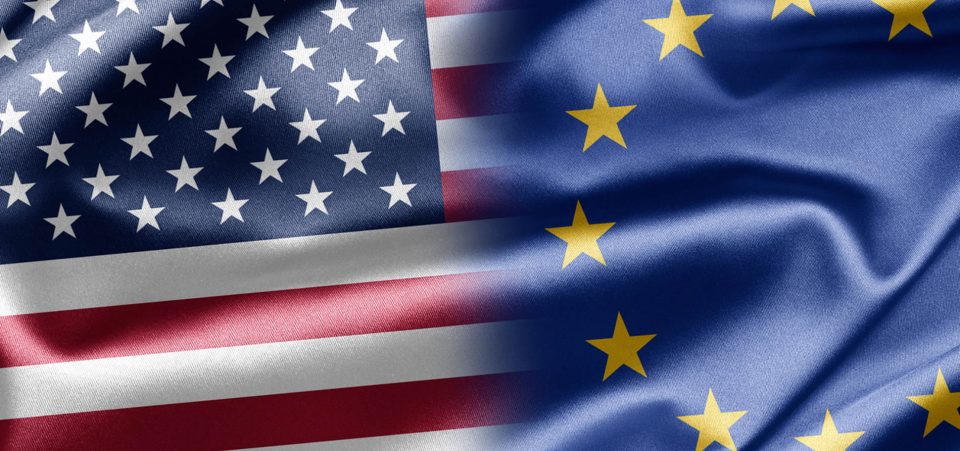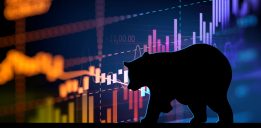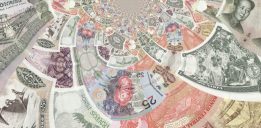Dollar Is Growing Too Fast; It Could Kill Eurozone and Emerging Economies
Since Donald Trump won the U.S. presidential election, the dollar has been growing at a brisk pace. Indeed, the dollar has become so strong as to threaten a trade war. This is good news for America, but not for the rest of the world. The euro is low and it could fall below parity.
In the immediate future, the rise of the dollar is good for America. Wall Street is euphoric. But in the medium term, the strong dollar might hurt U.S. exports because it will aggravate the U.S. trade deficit.
The European Central Bank (ECB) is concerned about economic growth. Recently, it extended the quantitative easing (QE) program. The ECB’s persistence in pursuing QE to a degree is bordering on the radical. (Source: “Will A Stronger Dollar Cause a Trade War with Europe?,” Economic Collapse News, December 19, 2016.)
ECB Governor Mario Draghi, and no doubt German Chancellor Angela Merkel, must fear a deepening of the financial crisis in Europe. As if the problem were not bad enough already, there was an apparent terrorist attack in Berlin on December 19.
Many will blame the attack on Germany’s refugee policy, regardless of logic or details. This will likely compel Angela Merkel to decide not to run again in 2017. She could even resign, if the evidence of the attack points to a Syrian and/or ISIS connection.
But the risk of an overly mighty dollar is global, not just European. The euro is not the only currency at risk. The dollar is the currency that most people trade around the world. It’s the currency of choice for commercial or financial transactions.
The Euro Is Not Alone
It’s not only the euro that suffers—and the recent terror attack will likely weaken unity in the eurozone—because the Japanese yen, Indian rupee, and Chinese yuan are even more vulnerable. They have already lost because of the recent upturn in the greenback. In the arc of a month, the dollar has just seen one of the biggest increases in its history.
The promises of Donald Trump—tax cuts, a stimulus package, and the rise in interest rates—have attracted investors at a magnetic rate. The euro is almost traded at parity with the dollar, and will decline as the dollar continues to rise.
While Washington focuses on Bruxelles and Frankfurt, the backlash to the U.S. dollar will come especially from the leading emerging markets. That’s where the backlash could be strongest. These are countries like Brazil, India, and China; their companies are heavily indebted in U.S. dollars.
Until recently, the dollar was cheap. Interest rates had not gone up in almost a decade. In fact, the U.S. Federal Reserve rate was more attractive than their domestic ones. This is the case in Brazil, Chile, and Turkey. The sudden rise of the greenback will make repayments much more expensive.
A general fall in the price of assets is also to be feared in these countries where capital is lagging. The massive injection of dollars had artificially increased demand, and thus the price of goods. Now that the money supply will tighten, prices will fall back.
Those who borrowed will be repaying far more than they bargained. This is enough to fuel the risk of bankruptcy and paralyze credit markets. The rise in the dollar may well undermine the growth of these emerging countries.
As for the eurozone, the rate hike in the United States will have weakened the most heavily indebted European states, already trapped by anemic growth.






